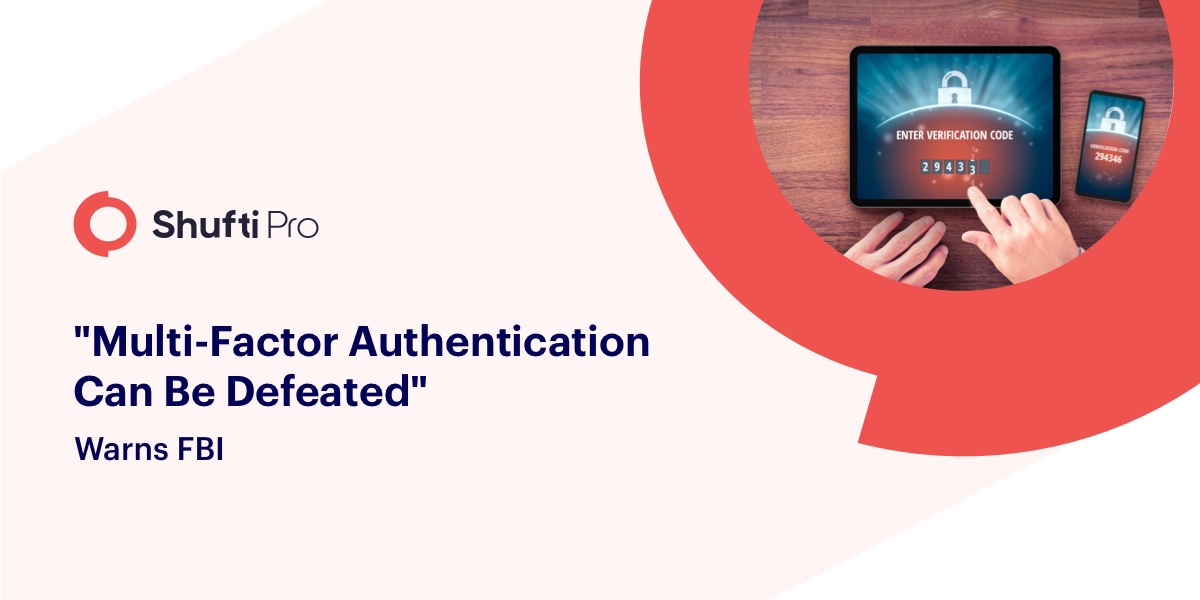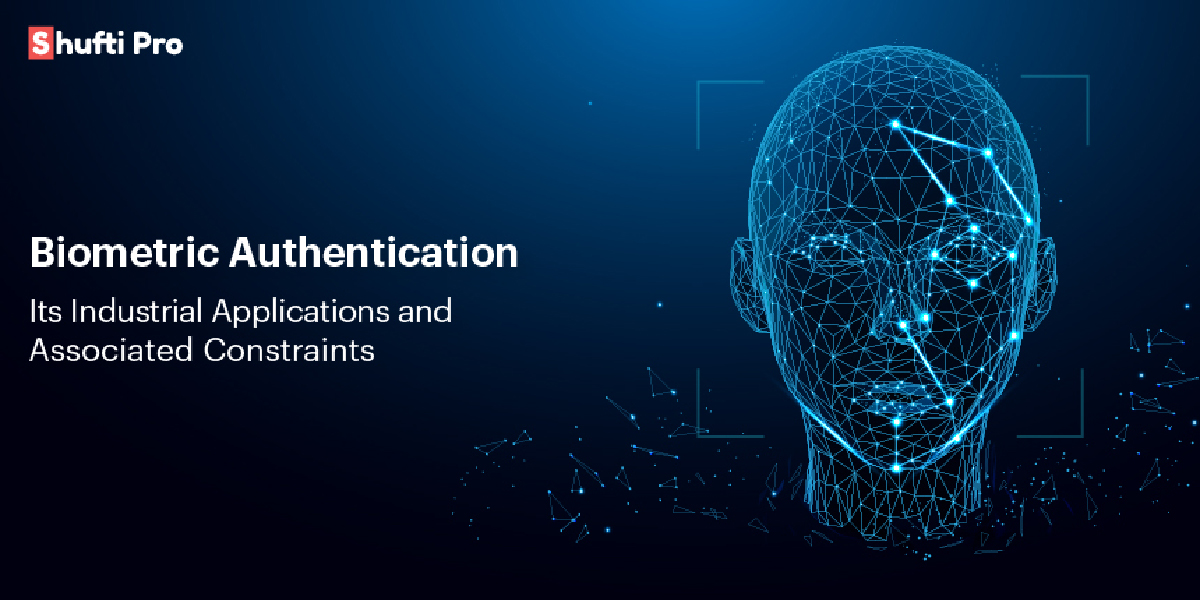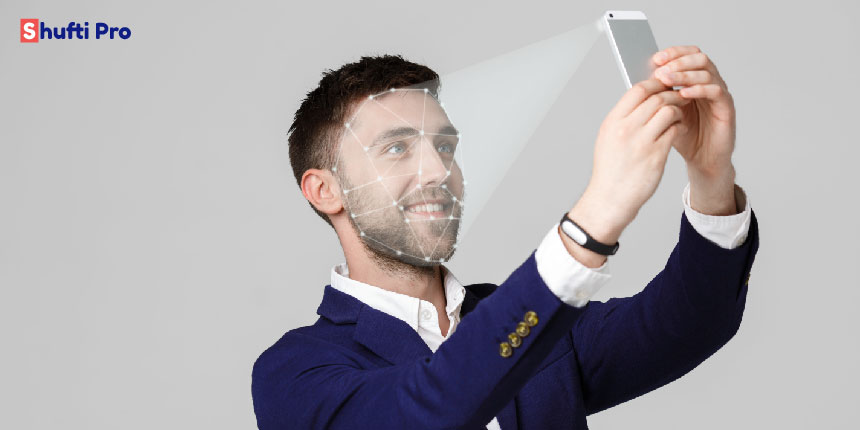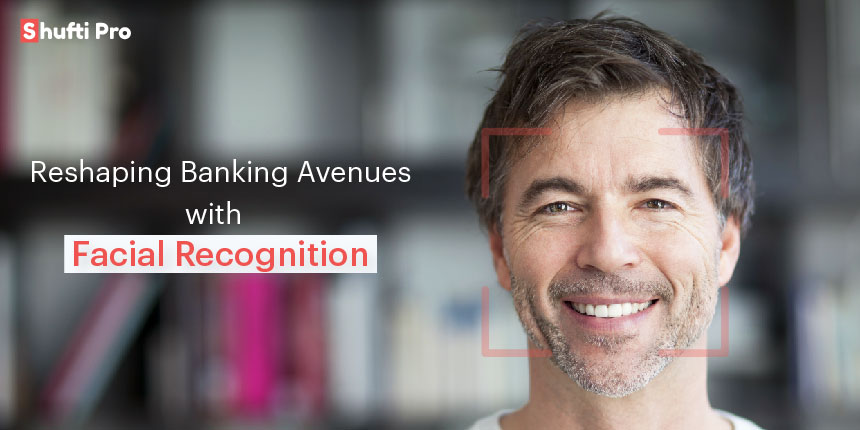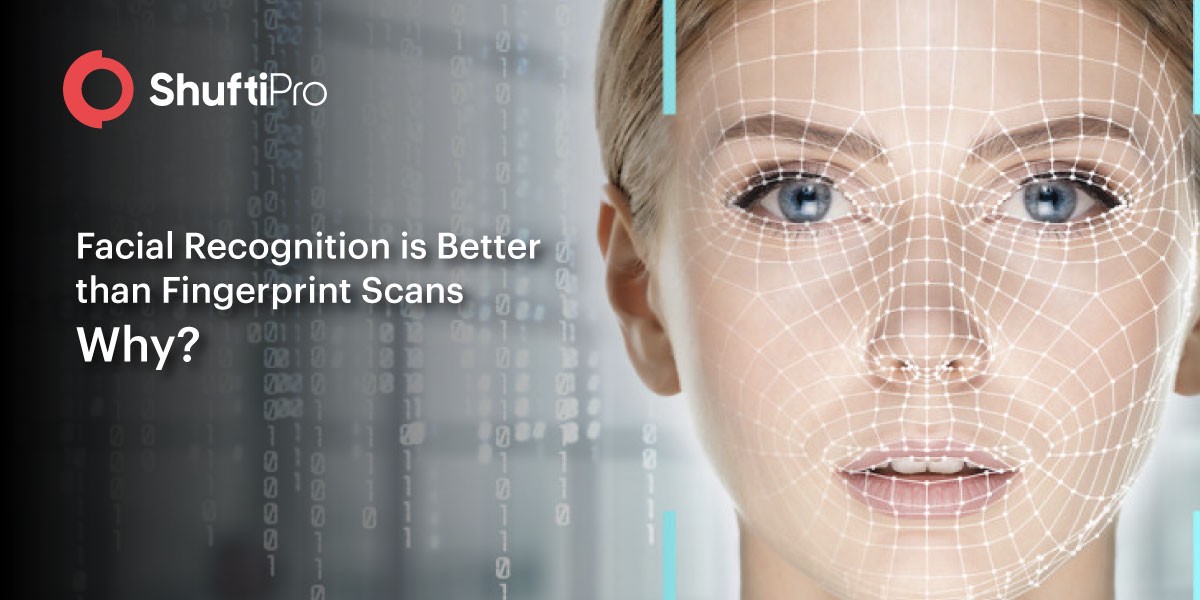Face Verification Becoming Vital For Travel Industry

Over the past few years, biometric technology has become increasingly mainstream. This is due in part to the fact that mobile companies these days are increasingly incorporating fingerprint scanners and facial verification in their smartphones. Facial recognition systems like Face ID from Apple and Facebook’s DeepFace have made the commercialised use of face verification technology. Contrary to what people believe, biometric verification procedures are more secure and accurate. As the facial recognition technology is frequently incorporated by businesses it is important to view its advantages in detail. This article attempts to outline the ways in which the travel industry is reaping benefits from it.
The travel and hospitality sector rely heavily on customer care and fast and efficient service. Companies in the travel industry including airlines and hotel chains deal with large volumes of customers in a day. They have to maintain an efficient yet effective procedure of check-ins and check-outs without jeopardising their security. Moreover, the instant customer verification process can enable businesses to improve their experience, thus drastically increasing levels of satisfaction. Some of the ways in which the travel industry can leverage the facial recognition technology in their favour include;
Customer Service
For any business wishing to improve their sales and revenues, they have to improve their customer service and increase levels of satisfaction. The hospitality industry, in particular, has to maintain robust customer relations in order to stay in the competition. Face verification software fulfils this objective impeccably. Through facial verification online, the airline staff at the airport and the hotel check-in staff at reception desks can speed up the customer verification process. With real-time verification results, all employees can verify customers instantaneously. It can also allow the hotel staff to issue more personalised greetings to customers upon their arrival.
Read More: Online Facial Recognition Could Drive a New Wave of Digital Transparency
If the customer has already uploaded their picture at the time of booking, the online facial recognition software can be used to identify returning customers, thus allowing businesses to offer them better and more customised services. The instant check-ins and the elimination of long ques at check-in counters can be eliminated entirely, which can be often frustrating for customers.
Better Security
The primary function of facial verification technology is security. It can help identify and authenticate the identity of customers in an instant. Thus the travel and hospitality sector can greatly benefit from it, seeing as it increases the security and access for customers. The possibility of frauds like identity theft and credit card frauds increases while a person is travelling. The ultimate brunt of such scams is borne by businesses in the form of chargebacks, fines and a loss of reputation.
With the help of facial recognition, the airport staff can authenticate a traveller against their identity documents, thus enabling them to verify the identity of an individual. Biometric authentication is more secure and allows the travel industry to weed out fraudsters and scammers. Fast access can also be granted to customers through biometric identification in their hotel rooms.
Seamless Integration
Amongst all the biometric verification tools currently available in the market, facial verification probably has the most seamless integration. The technology does not require any additional hardware to be installed by either the customer or the business. If the company has the facial recognition software available, the customer can verify themselves using an ordinary phone camera that is a necessary feature of every smartphone nowadays. Thus there is no need for the development of an additional tech infrastructure in order to integrate the technology. It saves both time and costs for the hospitality sector. There is no need for them to go to the trouble of spending more on developing technology.
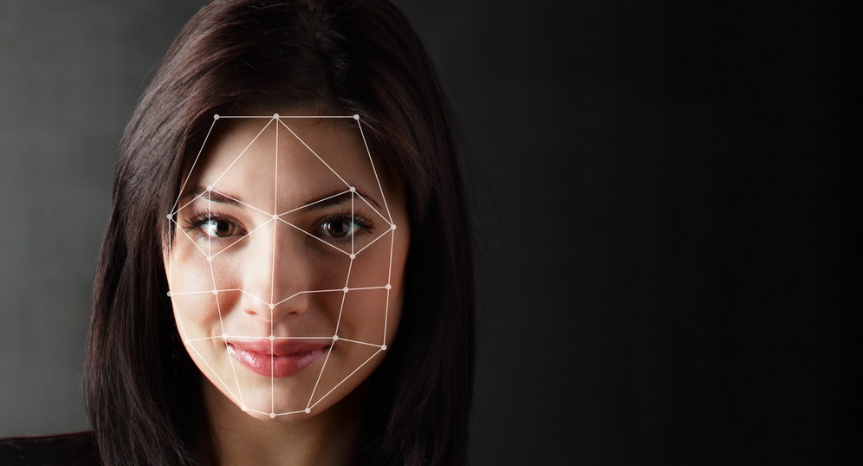
Fewer Documentation Requirements
Biometric technologies are eliminating the need for businesses to require elaborate documentation from customers in order for them to identify themselves. All they have to do in order to verify the identity of a customer is to corroborate their facial scans against any one of their identity documents. Biometric verification procedures reduce customer check-in times at checkpoints like passport control and boarding terminals by 40%. In hotels that are using facial verification software for customer and business verifications, the check-in times have been reduced from three minutes to one. As customers arrive in hotels, they identify themselves through the facial recognition process, and their details are entered into an automated system. They are then automatically issued room keys, thus accelerating the check-in process.
The Future of Facial Verification
While there is still a considerable amount of scepticism around the facial verification technology, its benefits are far more than its shortcomings. As technology is advancing more rapidly than ever before, it is important for businesses like the travel and hospitality sector to keep up with the changes in the landscape. More than anything, biometrics can help eliminate fraud and help companies establish safer business practices. As consumers remain wary of facial recognition technology, businesses must assure them of its safety and all the measures that they take to protect customer data.

 Explore Now
Explore Now







